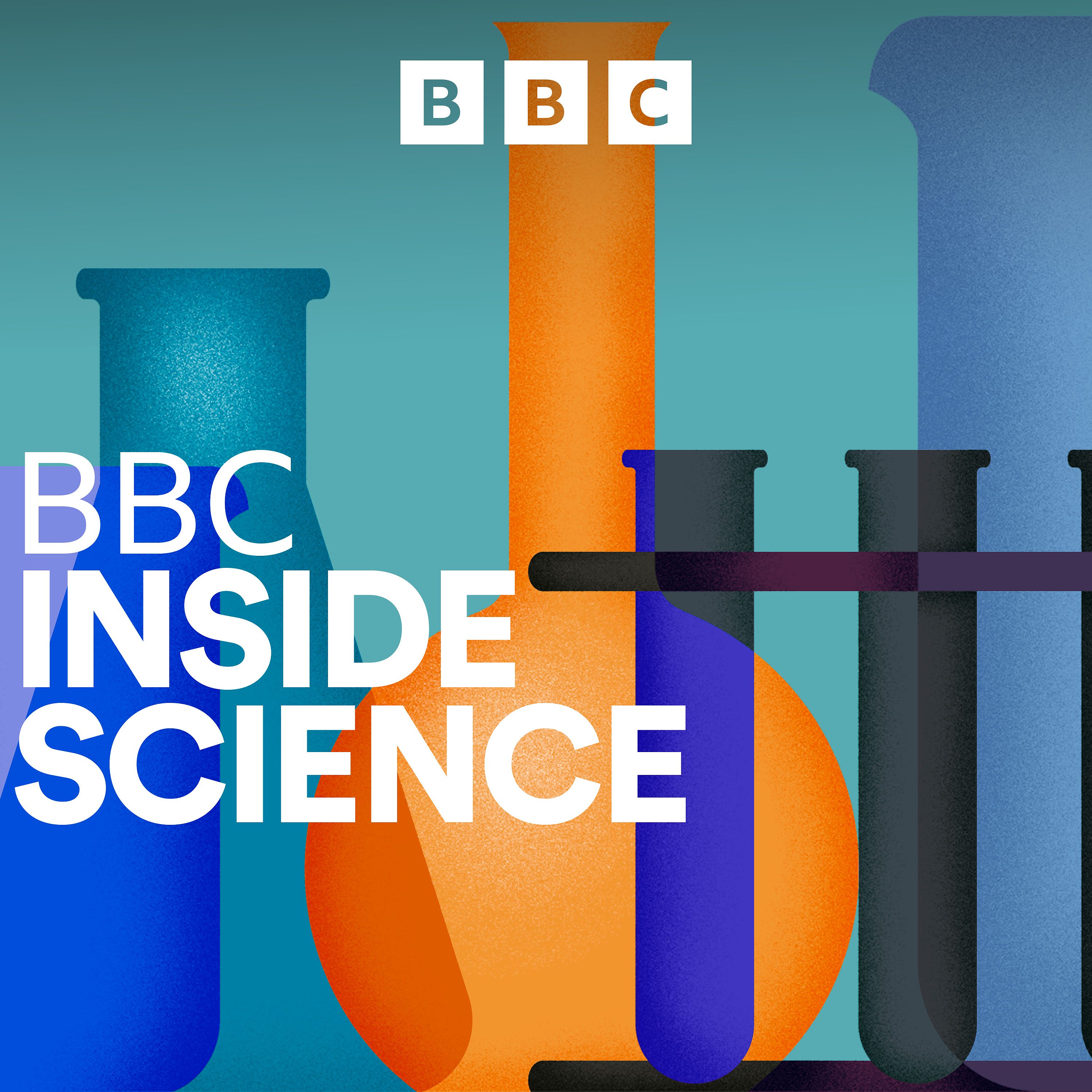

BBC Inside Science
BBC Radio 4
A weekly programme that illuminates the mysteries and challenges the controversies behind the science that's changing our world.
Episodes
Mentioned books

39 snips
Apr 17, 2025 • 28min
Wild birds in crisis
Caroline Steel, a seasoned science journalist, and Libby Jackson, Head of Space at the Science Museum, join to discuss the pressing crisis facing wild bird populations in the UK. They explore alarming declines in woodland and farmland birds, the impact of climate change, and potential conservation strategies. The conversation shifts to space, highlighting the significance of NASA's recent astronaut return and the evolving role of private companies like SpaceX in reshaping space exploration. Plus, exciting insights into deep-sea oxygen mysteries and the science behind what makes a good day.

40 snips
Apr 10, 2025 • 28min
Are boys doing better than girls at maths and science?
In this insightful discussion, science journalist Caroline Steel, known for delivering engaging science news, and Professor Damian Bailey, an expert in physiology, delve into crucial topics. They explore a concerning report showing boys outperforming girls in math and science, emphasizing the impact of confidence and teaching methods on gender performance. Additionally, they address the striking physiological effects of space travel on astronauts, including challenges faced during long missions and the mind-boggling effects of zero gravity.

33 snips
Apr 3, 2025 • 29min
Better Than Gold: Critical Minerals
Elsa Pancharoli, an NERC Independent Research Fellow at the National Museum of Scotland, discusses the groundbreaking discovery of a Jurassic fossil on the Isle of Skye. She shares the challenges her team faced while extracting a 166-million-year-old treasure. The conversation also dives into the geopolitical importance of critical minerals, essential for technology and sustainability, and how they impact the race for resources, especially in Ukraine. Exciting news from lunar exploration and dinosaur finds rounds out this fascinating discussion!

40 snips
Mar 27, 2025 • 28min
AI in Science: Promise and Peril
Gareth Mitchell, a technology expert and science communication lecturer, discusses the transformative impact of AI on scientific research. He highlights Google's new AI tool, Co-Scientist, showcasing its potential in biomedical studies while cautioning against over-reliance on technology. The conversation also touches on the growing threat of AI-generated misinformation in research, with insights from an image integrity analyst on detecting manipulated visuals. Finally, astronomer Catherine Heymans shares tips for observing a rare planetary alignment.

Mar 20, 2025 • 28min
Biotech Risks and Asteroid Anxiety
Tim O'Brien, Professor of Astrophysics at the University of Manchester and Associate Director of the Jodrell Bank Observatory, dives into pressing scientific issues. He discusses the legacy of the Asilomar conference and the urgent need for ethical guidelines in biotech as new risks emerge. Also on the table is asteroid 2024 YR4, with insights on NASA's latest collision predictions and the technology helping us watch the skies. Finally, he touches on the contentious debate surrounding Elon Musk's status in the Royal Society and its implications for science and ethics.

Mar 13, 2025 • 28min
US science in chaos
The United States is the world’s science superpower. But right now, much of its research community is in a state of confusion.In the past few weeks, the Trump administration has issued a huge number of orders – amongst them, large funding cuts for scientific institutions. We unpick what the implications are for the country’s role on the global scientific stage.Also in the programme, we take another look at phone bans in schools. Why are the results of a recent study so different to the personal experience of teachers and students?And Britain has a new snake – and it’s apparently thriving. Where has it come from and should we be worried?To discover more fascinating science content, head to bbc.co.uk search for BBC Inside Science and follow the links to The Open University. Presenter: Victoria Gill
Producers: Ilan Goodman & Sophie Ormiston
Editor: Martin Smith
Production Co-ordinator: Josie Hardy

25 snips
Mar 6, 2025 • 28min
The World’s Biggest Iceberg
Caroline Steel, a seasoned science journalist, joins Andrew Myers from the British Antarctic Survey, an expert on icebergs. They discuss the massive iceberg A23a, its ecological impacts, and the threat it poses to wildlife. The conversation shifts humorously to the complexities of nuclear waste disposal, likening it to baking a cake. Additionally, they explore new insights on the effectiveness of mobile phone bans in schools and even share the science behind scratching an itch and mastering the perfect boiled egg!

Feb 27, 2025 • 28min
Is 1.5 still alive?
Graham Lawton, a writer for New Scientist, sheds light on the crucial 1.5°C threshold in climate change discussions. He, alongside climate experts Mark Maslin and Lorraine Whitmarsh, addresses the implications of recent extreme weather. The podcast also explores NASA's OSIRIS-REx mission and its findings from asteroid Bennu, revealing insights into the origins of life. AI advancements, such as DeepSeek, are examined, alongside surprising discoveries in science, including research that often contradicts initial hypotheses.

13 snips
Feb 20, 2025 • 28min
Next-gen batteries and 'dark oxygen'
Mark Miodovnik, a materials scientist from UCL specializing in batteries, discusses the urgent need for next-gen battery technologies amid recent lithium-ion plant fires. He highlights the limitations of current lithium-ion solutions and the emergence of alternatives like solid-state and sodium batteries. Additionally, the conversation shifts to 'dark oxygen' found in deep oceans, potentially impacting marine life. Anjana Ahuja joins to share intriguing science stories, including innovative materials and the peculiar behavior of contagious urination in chimpanzees.

27 snips
Feb 13, 2025 • 28min
UK AI & science-optimised pasta
Dr. James Kinross, a surgeon and AI researcher at Imperial College London, shares insights on the transformative potential of artificial intelligence in healthcare and its accompanying challenges. Jeff Tollefson, a reporter for Nature, discusses the implications of a Trump presidency on scientific progress, especially in climate policy. They also explore the intricacies of science-backed cooking, revealing how physics can perfect classic dishes like cacio e pepe, making pasta not just tasty but scientifically optimized!


